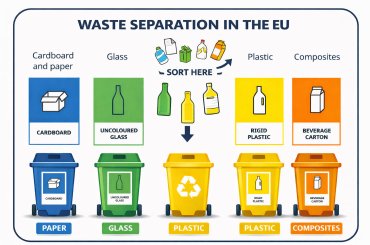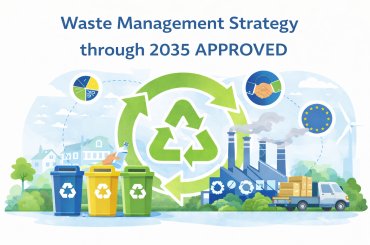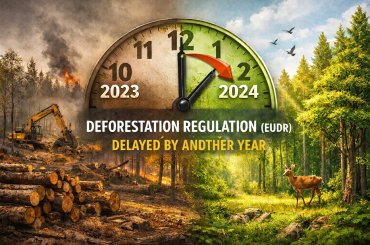The EU has taken historic measures to reduce the huge amounts of food and textile waste:
Food
- By 2030, countries must reduce waste by 10% in production and processing and by 30% per capita in retail, restaurants, services and households.
- Countries will need to encourage the donation of safe but unsold food.
Textile
- Producers who make textiles available in the EU will have to cover the costs of their collection, sorting and recycling through extended producer responsibility.
- Member States have 30 months from the entry into force of the directive to set up an EPR scheme.
- These provisions will apply to all producers, including those using ecommerce tools, and regardless of whether they are based in an EU country or outside the Union.
- Microenterprises will have an additional year to comply with the EPR requirements.
- The obligations will apply to clothing and accessories, hats, footwear, blankets, bed and kitchen linen and curtains they may also be introduced for mattresses.
Once signed by the co-legislators, the law will be published in the EU Official Journal. EU countries will have 20 months from their entry into force to transpose the rules into national law.
We also covered the topic in this article: Pozícia Rady k novele smernice o odpade: Zmeny sa týkajú textilného a potravinového odpadu, z 15. júla 2025


